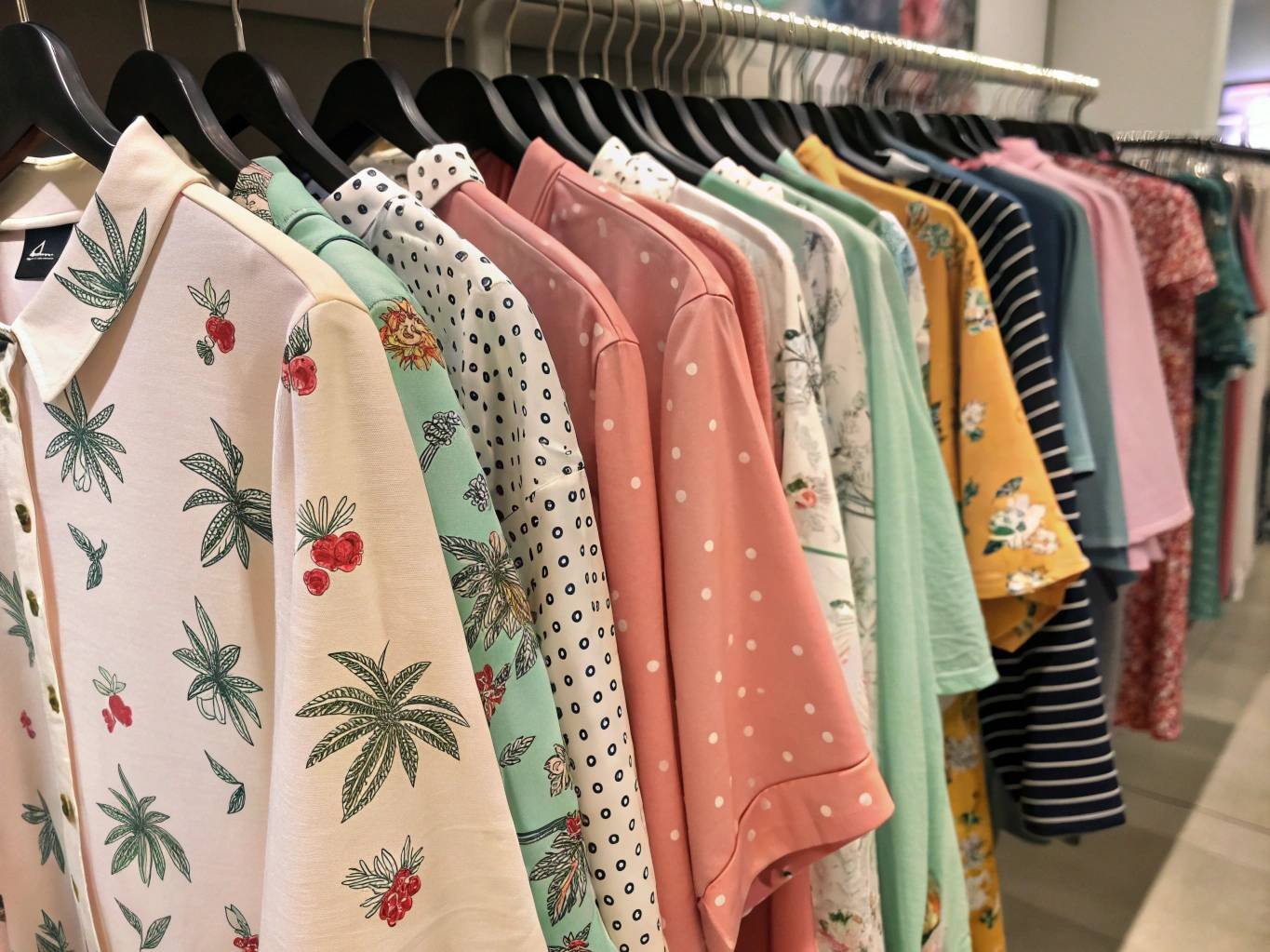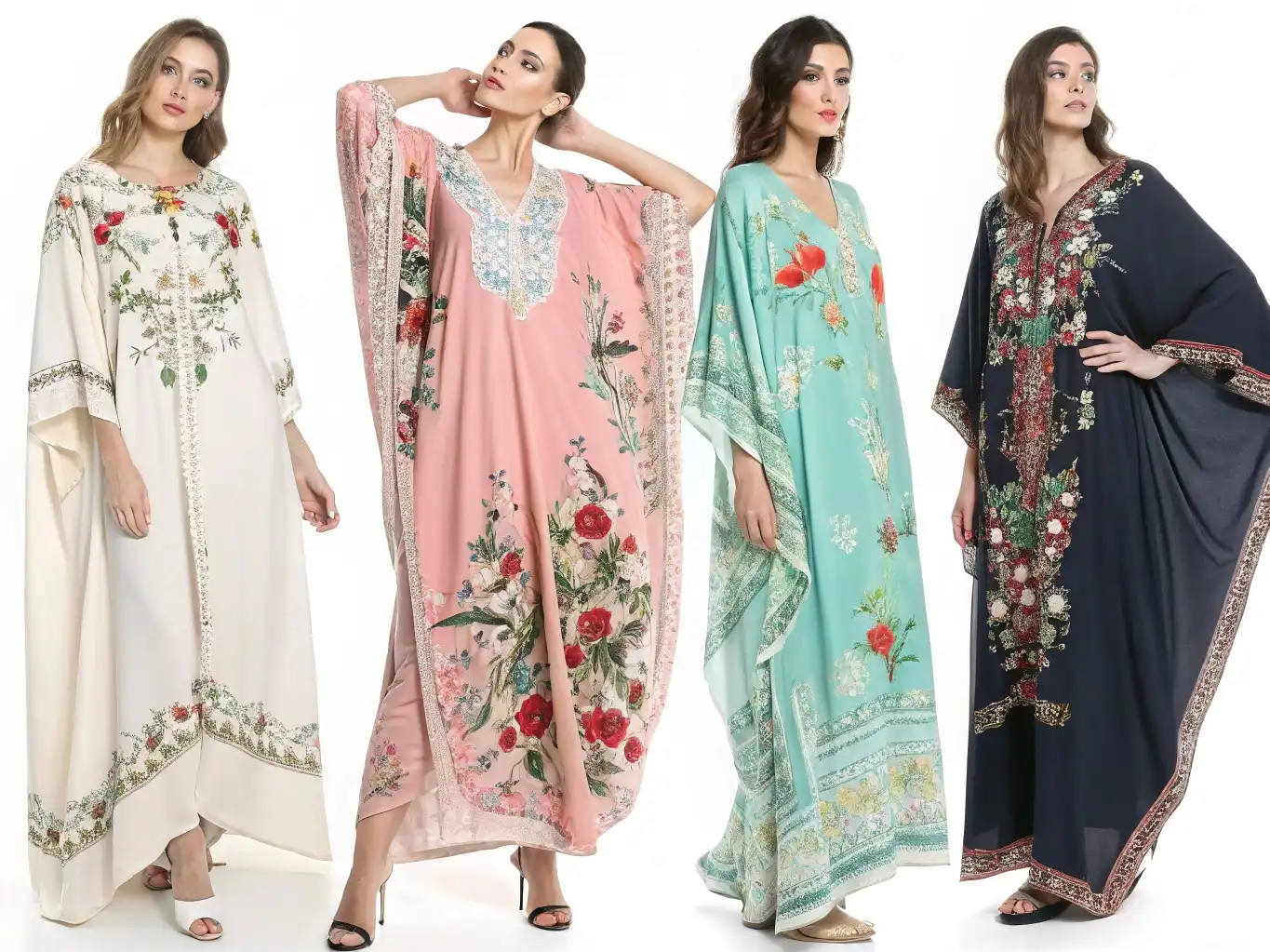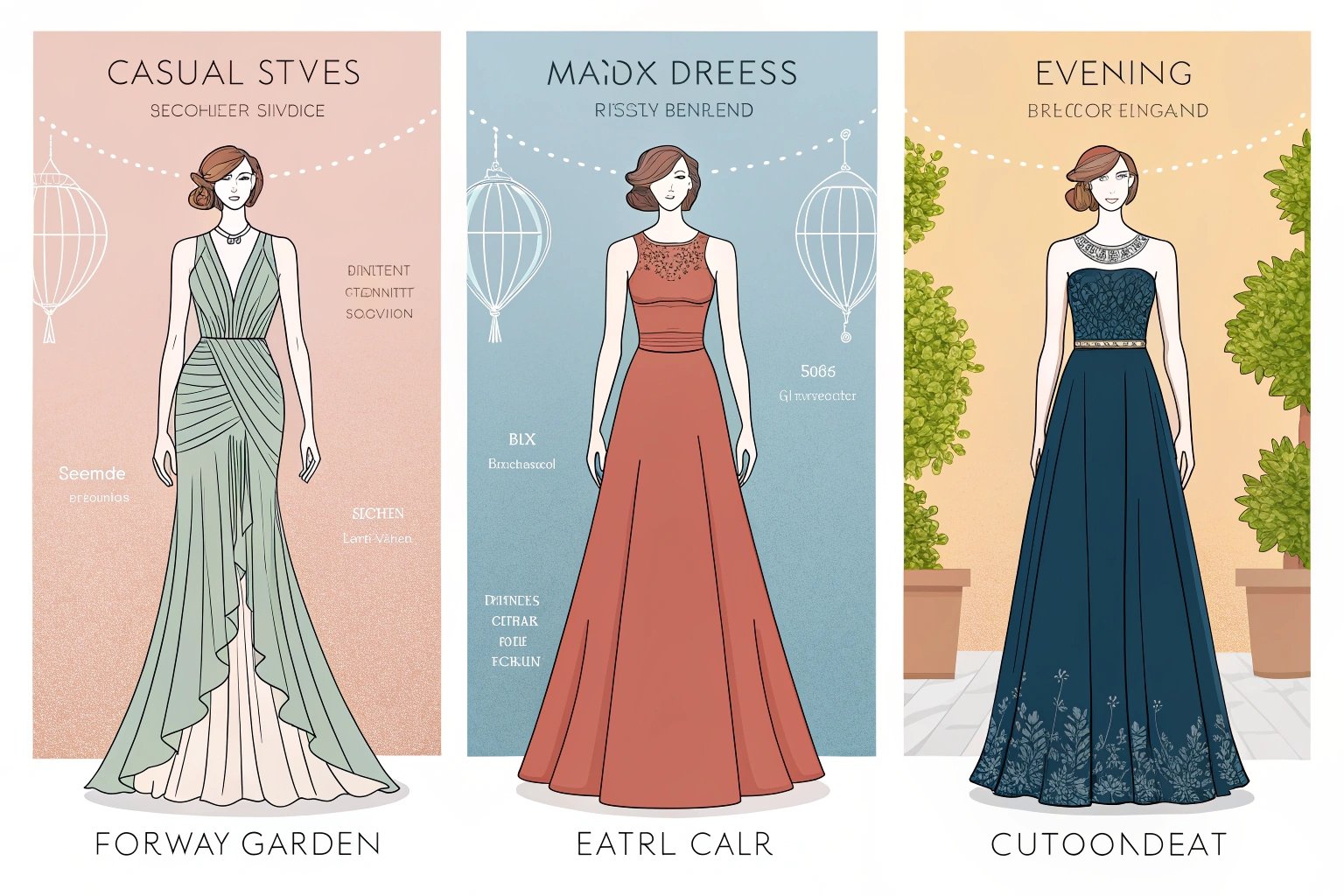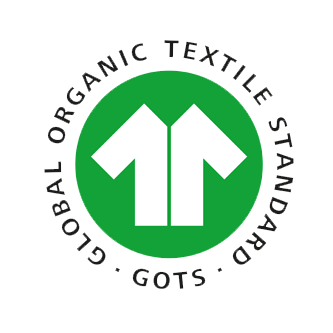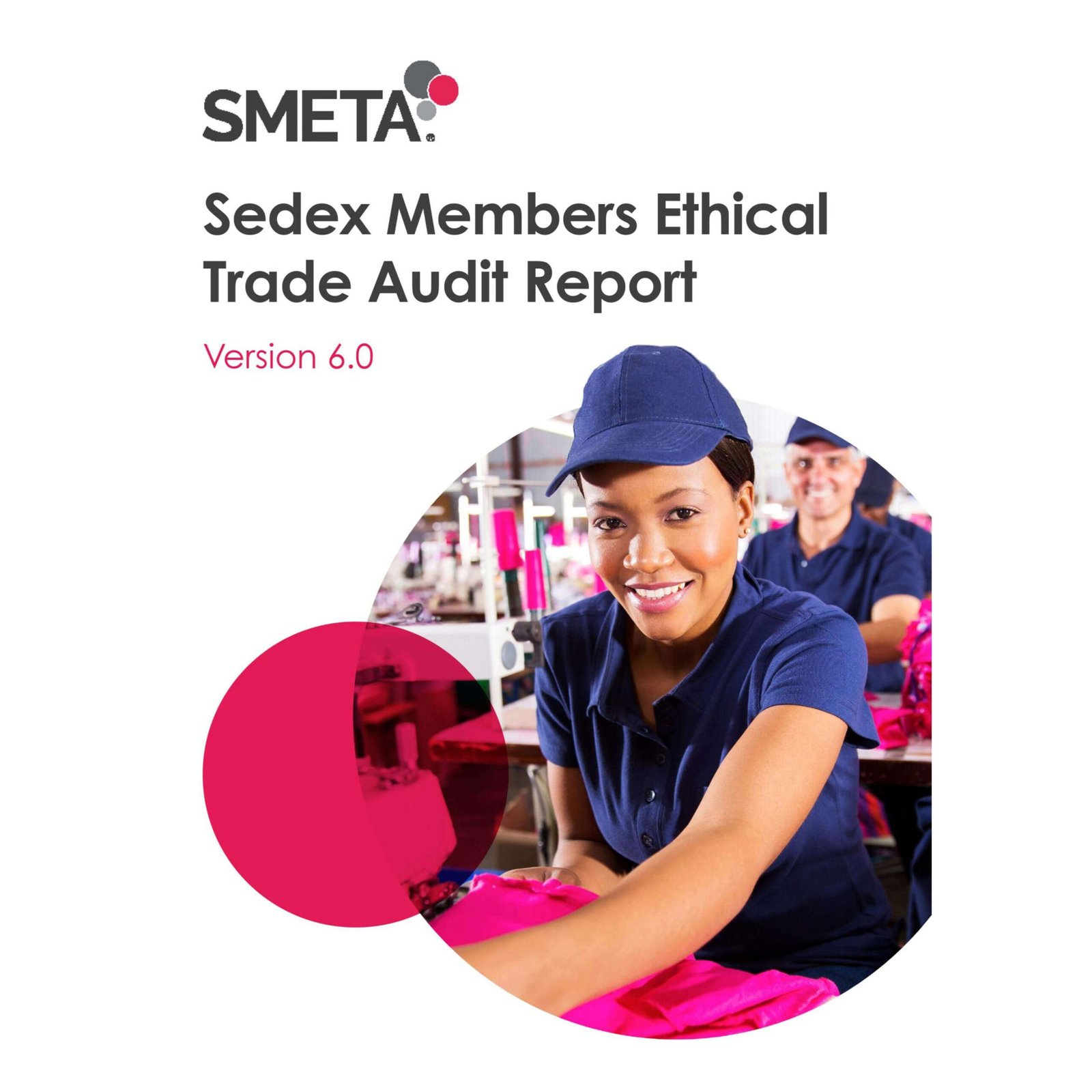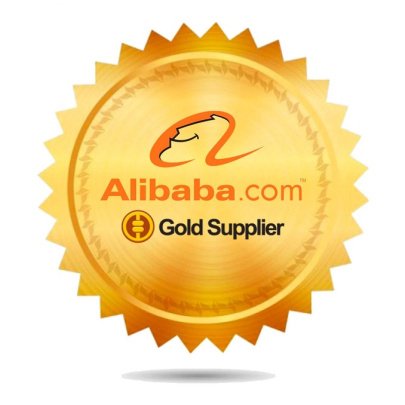Private label clothing manufacturers are pivotal in enabling brands to create their own clothing lines without the need for extensive manufacturing capabilities. These manufacturers allow brands to design products, customize their features, and add their brand’s identity—all while handling the production logistics1. Understanding how private label manufacturers operate can significantly streamline the process of starting a clothing brand.
Private label manufacturers enable businesses to focus on branding and marketing, while they take care of the entire production process, ensuring high-quality output and timely deliveries.
What Does a Private Label Clothing Manufacturer Do?
Private label manufacturers specialize in producing clothing that is branded with another company’s name, often offering a wide range of customizations2 in terms of design, fabric, and sizing. These manufacturers help brands create products that align with their vision without the need to set up their own production facilities.

Fashion Designer Working on Sketches
How Does a Private Label Manufacturer Produce Clothing for Your Brand?
A private label clothing manufacturer typically follows these general steps:
- Brand Design and Conceptualization: The brand provides designs, fabric choices, colors, and any other specific requirements.
- Sampling and Prototyping: A sample of the product is created to ensure the design meets the brand’s expectations. Adjustments are made if necessary.
- Bulk Production: After the final sample is approved, the manufacturer proceeds with bulk production3.
- Packaging and Distribution: The finished products are packaged, labeled with the brand’s logo, and shipped to the brand’s designated location.
What Is the Difference Between Private Label and Custom Clothing Manufacturing?
- Private Label: The manufacturer uses pre-existing styles and templates and customizes them with your logo, label, and other brand elements.
- Custom Clothing: The manufacturer creates unique designs and patterns from scratch based on the brand’s specifications. Custom manufacturing offers more control over the design but typically involves higher costs.
How Do Private Label Clothing Manufacturers Work with Brands?
Private label clothing manufacturers offer a partnership that enables businesses to launch products without handling production directly. Brands can leverage the manufacturer’s expertise and resources while focusing on their brand image and marketing.
What Are the Benefits of Using a Private Label Manufacturer for Your Clothing Line?
- Reduced Costs: There’s no need for large upfront investments in production facilities or equipment.
- Quick Market Entry: Pre-existing product templates mean faster design-to-shelf times.
- Scalability: Manufacturers can easily scale production to meet demand as the brand grows.
How Can Private Label Manufacturers Help You Launch Your Clothing Brand Faster?
Private label manufacturers are often equipped with established production lines and supply chains that can handle large orders with quick turnaround times. By working with these manufacturers, brands can skip the complexities of setting up a factory and focus on getting their products to market faster.
What Types of Clothing Can Private Label Manufacturers Produce?
Private label manufacturers can create various types of clothing, depending on their specialization. This makes them versatile partners for brands aiming to cover multiple market segments.

How Can Private Label Manufacturers Cater to Different Apparel Categories (Activewear, Streetwear, etc.)?
Private label manufacturers offer flexibility in producing different categories of clothing. Some of the most common categories include:
- Activewear: Sports bras, leggings, and gym shorts.
- Streetwear: Hoodies, t-shirts, and sneakers.
- Casual Wear: Jeans, jackets, and everyday wear.
How Flexible Are Private Label Manufacturers in Customizing Designs and Branding?
Private label manufacturers allow for customization, including:
- Design modifications such as color, fabric, and patterns.
- Branding options such as custom labels, tags, and embroidery.
- Packaging options to reflect the brand’s identity.
What Are the Costs of Working with a Private Label Clothing Manufacturer?
Private label manufacturing offers several cost-related considerations that brands need to account for, including minimum order quantities4, production costs, and additional fees for customizations2.
How Do Minimum Order Quantities (MOQs) Affect Your Initial Investment?
Many private label manufacturers have MOQs that determine the minimum number of items that must be ordered at once. Generally, smaller orders come with higher per-unit costs. Here’s a typical breakdown of MOQs and pricing:
| MOQ (Units) | Estimated Cost per Unit (Basic T-Shirt) |
|---|---|
| 100 units | $5–$10 |
| 500 units | $3–$6 |
| 1000 units | $2–$4 |
What Are the Pricing Structures You Should Expect When Partnering with a Private Label Manufacturer?
Prices for private label clothing manufacturing depend on several factors:
- Fabric choice: Premium fabrics cost more than standard ones.
- Complexity: Custom designs, special prints, and intricate embellishments increase the cost.
- Order size: Larger orders usually result in lower unit prices.
What Are the Advantages of Using a Private Label Clothing Manufacturer?
Private label clothing manufacturing offers a number of benefits to brands, particularly those that are just starting out or looking to scale efficiently.

How Does Private Label Manufacturing Help You Focus on Branding and Marketing?
Private label manufacturers handle all aspects of production, allowing you to dedicate your time and resources to building your brand and engaging with your audience. This focus on branding and marketing5 often leads to stronger customer loyalty and higher sales.
What Are the Cost-Effectiveness and Scalability Benefits of Using Private Label Manufacturers?
By leveraging private label manufacturing, brands can save money on upfront costs, avoid the need for a large factory setup, and easily scale their operations as they grow. Manufacturers handle production, allowing brands to focus on expanding their reach and increasing sales.
How Do You Choose the Right Private Label Clothing Manufacturer for Your Brand?
Choosing the right private label manufacturer is crucial for ensuring high-quality products and a smooth production process.
What Factors Should You Consider When Selecting a Private Label Manufacturer?
- Experience and expertise: Choose a manufacturer with experience in producing the type of clothing you want to sell.
- Production capacity: Ensure the manufacturer can handle both small and large orders as your brand grows.
- Quality control: Ensure they have systems in place to maintain consistent quality throughout production.
How Can You Ensure a Manufacturer’s Quality and Reliability for Your Clothing Line?
To assess a manufacturer’s reliability:
- Request samples: Always request a sample product before committing to a large order.
- Check references: Ask for testimonials or reviews from other brands they have worked with.
- Audit the factory: If possible, visit the factory to inspect their facilities and production processes.
Conclusion
Partnering with a private label clothing manufacturer is an excellent option for brands looking to create high-quality apparel without the overhead costs of setting up their own manufacturing operations. By understanding the costs, customization options, and processes involved, you can make an informed decision that aligns with your brand’s goals. Whether you’re launching a new clothing line or looking to expand your product offerings, private label manufacturing offers flexibility, scalability, and cost-effectiveness to help you succeed in a competitive market.
-
Understand the logistics involved in clothing production to optimize your supply chain. ↩
-
Discover the various customization options available to make your clothing line unique. ↩ ↩
-
Learn about the steps involved in transitioning from samples to bulk production. ↩
-
Understand how MOQs can impact your initial investment and production planning. ↩
-
Learn how effective branding and marketing strategies can enhance your clothing line’s visibility and sales. ↩


